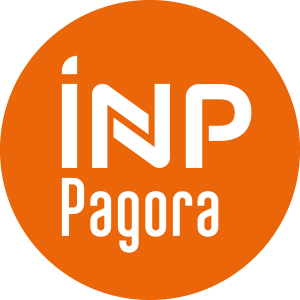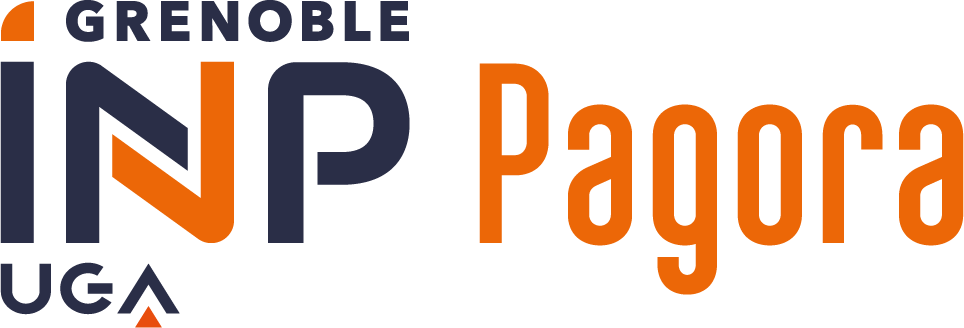Number of hours
- Lectures -
- Projects -
- Tutorials 27.0
- Internship -
- Laboratory works 18.0
ECTS
ECTS 3.0
Goal(s)
Part 1 – Fundamental concepts (low frequency)
Know how to equate a simple electronic circuit (consisting of generators and resistors) in DC mode using basic laws and theorems (Ohm's law, law of voltage and current dividers, superposition theorems, Millman, Thevenin).
Introduction and presentation of the operational amplifier and its basic set-ups (inverting, non-inverting)
Presentation of the harmonic regime and the notion of complex impedance. Extension of the use of the previous theorems to the harmonic regime. Bode diagrams and introduction to the concept of power spectral density
Part 2 - Basic functions of an electronic instrumentation chain
To know the main functions used in an electronic instrumentation chain (low frequency)
DC or switching power supplies. Frequency filtering (synthesis of passive or active filters) Digitisation with sampling (Shannon's theorem) and A/D and D/A conversions
Microcontroller architecture
Presentation of semiconductor components: diode (rectification), LED, photo detector and transistor
Part 3 - Electronic circuit design
Knowledge of the rules and technologies for designing and producing electronic printed circuits (chemical techniques, milling, transferring conductors or components).
Box dimensions and electronic component technology.
Presentation of electronic routing software, which can be linked to electronic simulation software used in the two electronics modules (fundamental and applied).
Design and production of an electronic board with some basic functions
Part 4 - Microcontrollers programming
Understanding and implementing microcontroller programming
Nadege REVERDY-BRUAS
Content(s)
1 - Fundamental laws and theorems of electronics. Basic components, Passive and active components
2 – Power supply, Filtering, Microcontroller, Optoelectronic
3 – Printed circuit board, Mono and multilayer PCB, Rigid and flexible circuit, Electronic component technology
4 - Mini project involving the implementation of microcontrollers (Arduino, Arizona Microchip, STMicroelectronics, etc.) on application boards equipped with sensors (photo-diodes, ultrasound transducers, etc.) and actuators (motor, buzzer, LED) using programs (Python, C, etc.).
Part 1 - Mathematical notions
Part 2 - Fundamentals of electronics
Part 3 –
Part 4 - Boolean algebra and sequential logic, basic programming in the Python language
Evaluation : 40% of Rapport ou compte-rendu and 60% of Written exam
Resit : 40% of Rapport ou compte-rendu (reported score) and 60% of Written exam
Exam grade out of 20 (1st or 2nd session) without document
with simple calculator
The exam is given in english only
The course exists in the following branches:
- Curriculum - Master e.PEPS - Semester 9 (this course is given in english only)
Course ID : WFME1021
Course language(s): 
You can find this course among all other courses.



